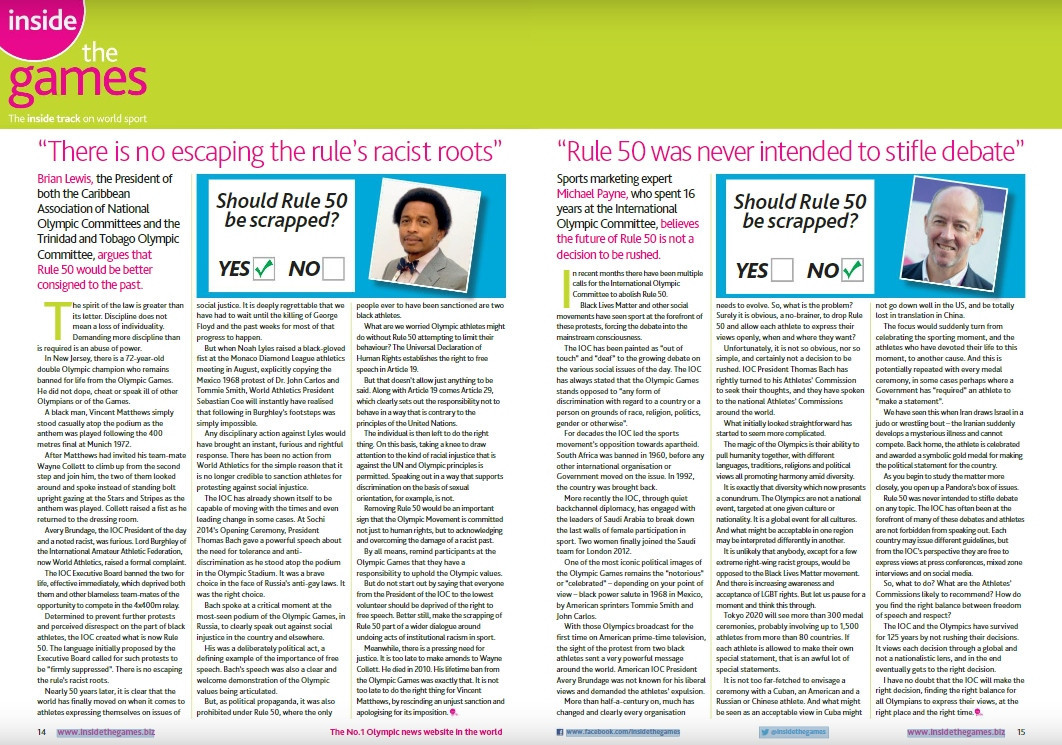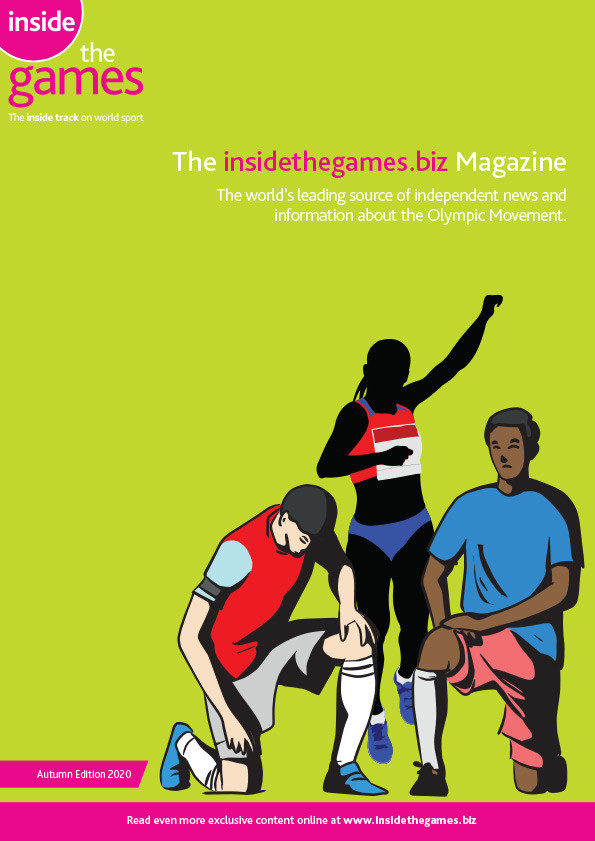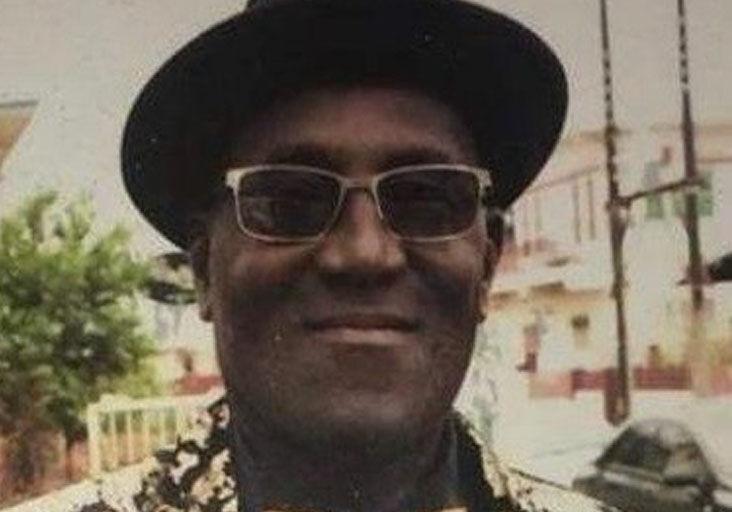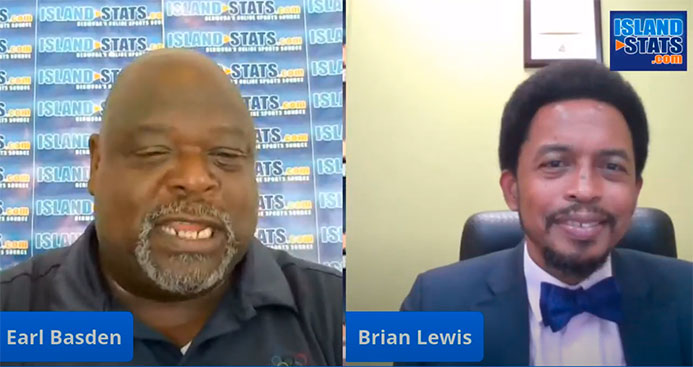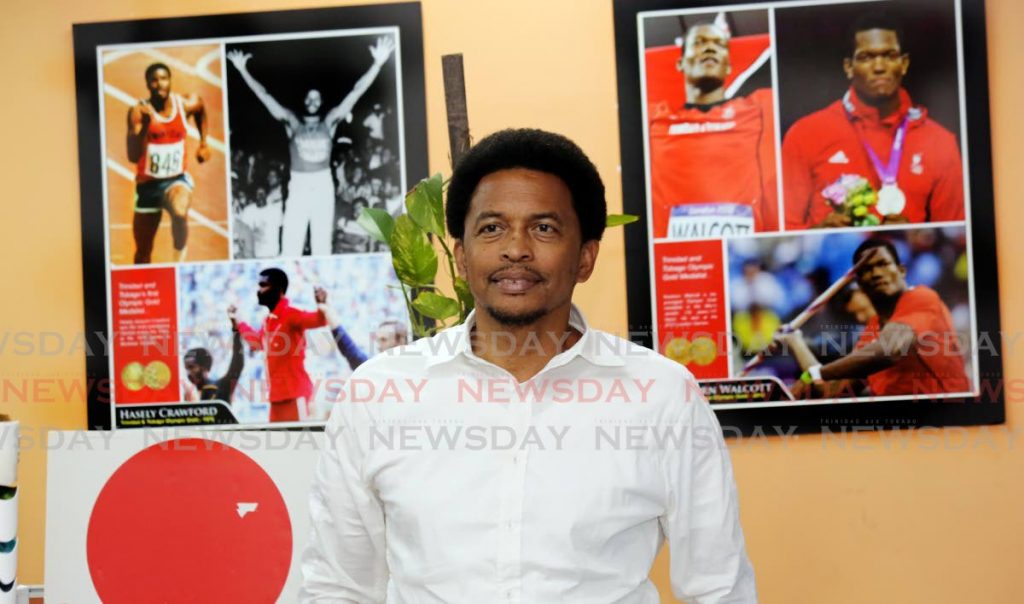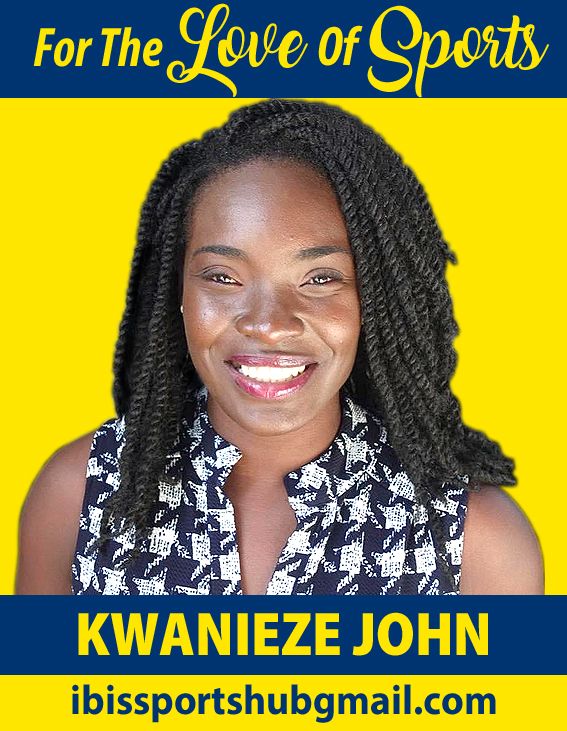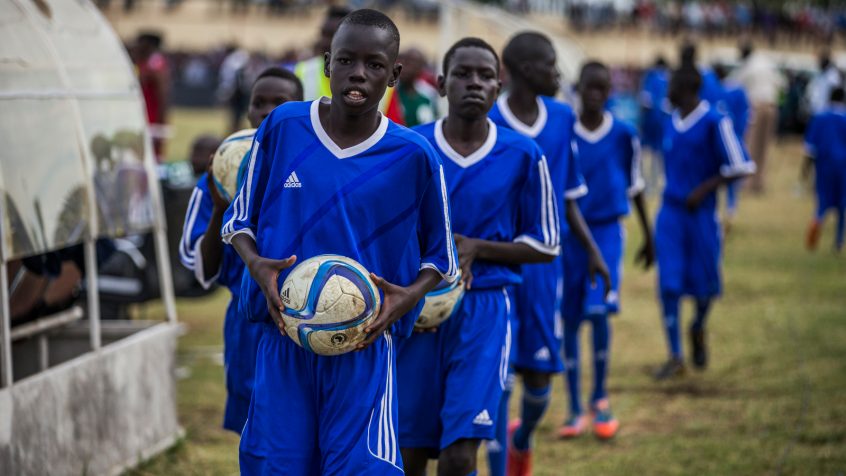Introduction
Sport is a major contributor to economic and social development. Its role is well recognized by Governments, including in the Political Declaration of the 2030 Agenda, which reflects on “the contribution sports make to the empowerment of women and of young people, individuals and communities, as well as to health, education and social inclusion objectives.”
Since its onset, the COVID-19 pandemic has spread to almost all countries of the world. Social and physical distancing measures, lockdowns of businesses, schools and overall social life, which have become commonplace to curtail the spread of the disease, have also disrupted many regular aspects of life, including sport and physical activity. This policy brief highlights the challenges COVID-19 has posed to both the sporting world and to physical activity and well-being, including for marginalized or vulnerable groups. It further provides recommendations for Governments and other stakeholders, as well as for the UN system, to support the safe reopening of sporting events, as well as to support physical activity during the pandemic and beyond.
The impact of COVID-19 on sporting events and the implications for social development
To safeguard the health of athletes and others involved, most major sporting events at international, regional and national levels have been cancelled or postponed – from marathons to football tournaments, athletics championships to basketball games, handball to ice hockey, rugby, cricket, sailing, skiing, weightlifting to wrestling and more. The Olympics and Paralympics, for the first time in the history of the modern games, have been postponed, and will be held in 2021.
The global value of the sports industry is estimated at US$756 billion annually. In the face of COVID-19, many millions of jobs are therefore at risk globally, not only for sports professionals but also for those in related retail and sporting services industries connected with leagues and events, which include travel, tourism, infrastructure, transportation, catering and media broadcasting, among others. Professional athletes are also under pressure to reschedule their training, while trying to stay fit at home, and they risk losing professional sponsors who may not support them as initially agreed.
Sports IndustryIn addition to economic repercussions, the cancellation of games also impacts many social benefits of global and regional sport events, which can cement social cohesion, contribute to the social and emotional excitement of fans, as well as their identification with athletes leading to greater physical activity of individuals. Sport has long been considered a valuable tool for fostering communication and building bridges between communities and generations. Through sport, various social groups are able to play a more central role towards social transformation and development, particularly in divided societies. Within this context, sport is used as a tool for creating learning opportunities and accessing often marginal or at-risk populations.
Major sporting organisations have shown their solidarity with efforts to reduce the spread of the virus. For example, FIFA has teamed up with the World Health Organisation (WHO) and launched a ‘Pass the message to kick out coronavirus’ campaign led by well-known football players in 13 languages, calling on people to follow five key steps to stop the spread of the disease focused on hand washing, coughing etiquette, not touching one’s face, physical distance and staying home if feeling unwell. Other international sport for development and peace organizations have come together to support one another in solidarity during this time, for example, through periodic online community discussions to share challenges and issues. Participants in such online dialogues have also sought to devise innovative solutions to larger social issues, for example, by identifying ways that sporting organisations can respond to problems faced by vulnerable people who normally participate in sporting programmes in low income communities but who are now unable to, given restriction to movement.
The closure of education institutions around the world due to COVID-19 has also impacted the sports education sector, which is comprised of a broad range of stakeholders, including national ministries and local authorities, public and private education institutions, sports organizations and athletes, NGOs and the business community, teachers, scholars and coaches, parents and, first and foremost, the – mostly young – learners. While this community has been severely impacted by the current crisis, it can also be a key contributor to solutions to contain and overcome it, as well as in promoting rights and values in times of social distancing.
As the world begins to recover from COVID-19, there will be significant issues to be addressed to ensure the safety of sporting events at all levels and the well-being of sporting organizations. In the short term, these will include the adaptation of events to ensure the safety of athletes, fans and vendors, among others. In the medium term, in the face of an anticipated global recession, there may also be a need to take measures to support participation in sporting organizations, particularly for youth sports.
The impact of COVID-19 on physical activity and well-being
The global outbreak of COVID-19 has resulted in closure of gyms, stadiums, pools, dance and fitness studios, physiotherapy centres, parks and playgrounds. Many individuals are therefore not able to actively participate in their regular individual or group sporting or physical activities outside of their homes. Under such conditions, many tend to be less physically active, have longer screen time, irregular sleep patterns as well as worse diets, resulting in weight gain and loss of physical fitness. Low-income families are especially vulnerable to negative effects of stay at home rules as they tend to have sub-standard accommodations and more confined spaces, making it difficult to engage in physical exercise.
The WHO recommends 150 minutes of moderate-intensity or 75 minutes of vigorous-intensity physical
activity per week. The benefits of such periodic exercise are proven very helpful, especially in times of anxiety, crisis and fear. There are concerns therefore that, in the context of the pandemic, lack of access to regular sporting or exercise routines may result in challenges to the immune system, physical health, including by leading to the commencement of or exacerbating existing diseases that have their roots in a sedentary lifestyle.
Lack of access to exercise and physical activity can also have mental health impacts, which can compound stress or anxiety that many will experience in the face of isolation from normal social life. Possible loss of family or friends from the virus and impact of the virus on one’s economic wellbeing and access to nutrition will exacerbate these effects.
For many, exercising at home without any equipment and limited space can still be possible. For those whose home life can involve long periods of sitting, there may be options to be more active during the day, for example by stretching, doing housework, climbing stairs or dancing to music. In addition, particularly for those who have internet access, there are many free resources on how to stay active during the pandemic. Physical fitness games, for example, can be appealing to people of all ages and be used in small spaces. Another important aspect of maintain physical fitness is strength training which does not require large spaces but helps maintain muscle strength, which is especially important for older persons or persons with physical disabilities.
The global community has adapted rapidly by creating online content tailored to different people; from free tutorials on social media, to stretching, meditation, yoga and dance classes in which the whole family can participate. Educational institutions are providing online learning resources for students to follow at home.
Many fitness studios are offering reduced rate subscriptions to apps and online video and audio classes of varying lengths that change daily. There are countless live fitness demonstrations available on social media platforms. Many of these classes do not require special equipment and some feature everyday household objects instead of weights.
Such online offerings can serve to increase access to instructors or classes that would otherwise be inaccessible. However, access to such resources is far from universal, as not everyone has access to digital technologies. For individuals in poorer communities and in many developing countries, access to broadband Internet is often problematic or non-existent. The digital divide has thus not only an impact on distance banking, learning or communication, but also on benefitting from accessing virtual sport opportunities. Radio and television programmes that activate people as well as distribution of printed material that encourages physical activity are crucial in bridging the digital divide for many households living in precarious conditions. Young people are particularly affected by social and physical distancing, considering sport is commonly used as a tool to foster cooperation and sportsmanship, promote respectful competition, and learn to manage conflict. Without sport, many young people are losing the support system that such participation provided. Currently some organizations, and schools have begun using virtual training as a method for leagues, coaches and young people to remain engaged in sport activities while remaining in their homes.
Conclusions and Recommendations
The COVID-19 pandemic has had and will continue to have very considerable effects on the sporting world as well as on the physical and mental well-being of people around the world. The following recommendations seek to both support the safe re-opening of sporting events and tournaments following the pandemic, as well as to maximize the benefits that sport and physical activity can bring in the age of COVID-19 and beyond.
The impact of COVID-19 on sporting events
1. Sporting federations and organizations.
Governments and intergovernmental organizations may provide sports federations, clubs and organizations around the world with guidance related to safety, health, labour and other international standards and protocols that would apply to future sport events and related safe working conditions. This would allow all stakeholders to work cooperatively as a team with the objective to address the current challenges and to facilitate future sports events that are safe and enjoyable for all.
2. Professional sport ecosystem.
The sport ecosystem, comprising of producers, broadcasters, fans, businesses, owners and players among others, need to find new and innovative solutions to mitigate the negative effects of COVID19 on the world of sport. This includes finding ways to engage with fans in order to ensure safe sport events in the future while maintaining the workforce, creating new operating models and venue strategies.
The impact of COVID-19 on physical activity and well-being
1. Supporting physical activity.
Governments should work collaboratively with health and care services, schools and civil society organizations representing various social groups to support physical activity at home. Enhancing access to online resources to facilitate sport activities where available should be a key goal in order to maintain social distancing. However, low-tech and no-tech solutions must also be sought for those who currently lack access to the internet. Creating a flexible but consistent daily routine including physical exercise every day to help with stress and restlessness is advisable.
2. Research and policy guidance.
The United Nations system, through its sports policy instruments and mechanisms such as the Intergovernmental Committee for Physical Education and Sport,7 as well as through its research and policy guidance should support Governments and other stakeholders to ensure effective recovery and reorientation of the sports sector and, at the same time, strengthen the use of sports to achieve sustainable development and peace. Scientific research and higher education will also be indispensable pillars to inform and orient future policies.
3. Technical cooperation and capacity development.
Governments, UN entities and other key stakeholders should ensure the provision of capacity development and technical cooperation services to support the development and implementation of national policies and approaches for the best use of sport to advance health and well-being, particularly in the age of COVID-19.
4. Outreach and awareness raising.
Governments, the United Nations and the sporting community, including the sporting education community, should disseminate WHO and other guidance on individual and collective measures to counter the pandemic. Measures must be taken to reach communities that have limited access to the Internet and social media and that can be reached through cascading the sport education pyramid from the national/ministerial level down to the provincial/municipal level, from the national physical education inspector down to the teacher, from the national sport federation down to the clubs. In turn, escalating the pyramid provides for important feedback to identify needs and share specific solutions. Athletes, while deeply affected by the pandemic, remain key influencers to ensure that – especially young – audiences understand risks and respect guidance.
5. Promoting positive social attitudes and behaviour.
Sport education is a powerful means to foster physical fitness, mental well-being, as well as social attitudes and behaviour while populations are locked down. International rights and values based sport education instruments and tools, such as the International Charter of Physical Education, Physical Activity and Sport, the Quality Physical Education Policy package and the Values Education through Sport toolkit remain highly relevant references to ensure that the many online physical activity modules that are being currently deployed comply with gender equality, non-discrimination, safety and quality standards.
Read the full UN DESA policy brief on “The impact of COVID-19 on sport, physical activity and well-being and its effects on social development”.
The UN DESA COVID-19 policy briefs can be found at bit.ly/UNDESACovid.
Source
